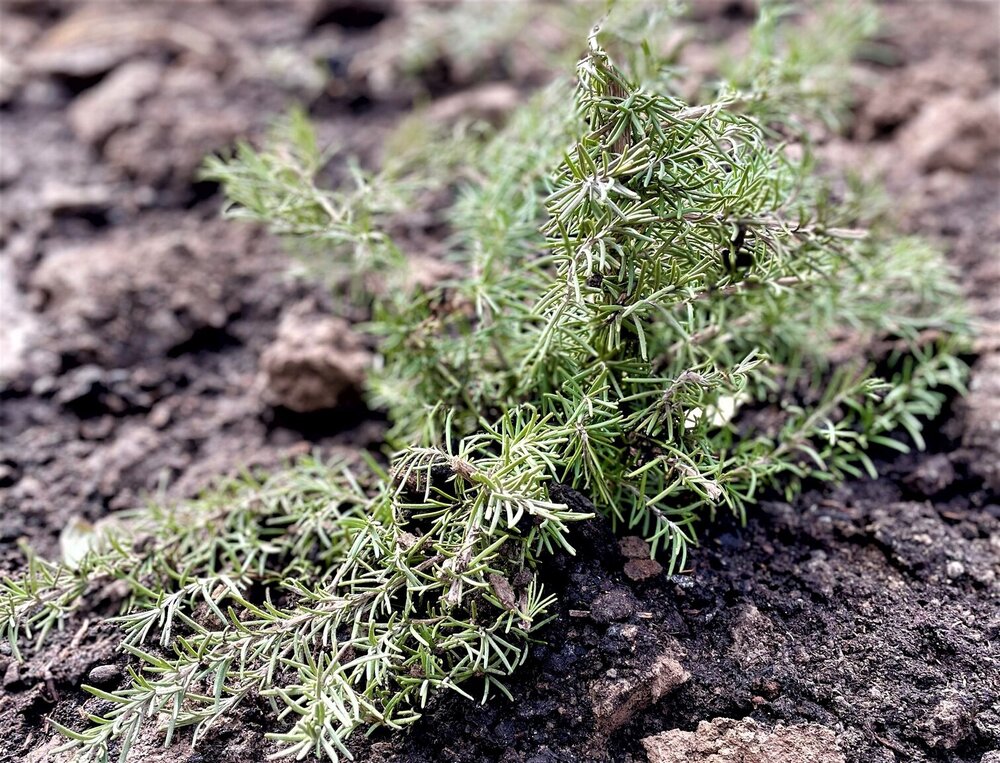Creating production-consumption chain in medicinal plants market a necessity

TEHRAN- Medicinal plants in Iran have been facing relatively high price fluctuations in the last two years, and according to those active in this sector, the recent droughts and the consequent decrease in production have played the biggest role in this increase in prices.
However, the of lack of water and recent droughts have caused, in a number of cases, some plants that are so-called "low water-loving" to have significant growth, and along with that, some water-loving plants also have a decreasing trend.
In fact, this fluctuation of production has always existed in the field of medicinal plants and is not a new thing.
But the point that should be considered is that before taking measures by the Agriculture Ministry to increase the production of medicinal plants, the consumption market should be determined so that the prices are controlled and the farmers are not harmed.
As announced by the chairman of the Union of Medicinal Plants Exporters of Iran, the value of medicinal plants exported from the country in the past Iranian calendar year 1400 (ended on March 20, 2022) was nearly 600 million dollars, but in the first nine months of this year, the value of the export of medicinal plants has decreased by 50 percent compared to the same period last year.
Mohammad-Ali Rezaei Kamal-Abad said that having more than 11 climates out of 13 climates, Iran has 8,000 varieties of medicinal plants, which is at least twice as much as Europe.
According to global statistics, from 2020 to 2022, the turnover in the export of medicinal plants was more than 30 billion dollars, but of this amount, the export of medicinal plants from Iran was less than five percent, he further lamented.
He pointed out that in many countries of the world, the use of medicinal plants has become popular among the people, and said countries such as the U.S., China, and Germany are the main consumers of medicinal plants, so 65 percent of the drugs produced in Germany are of herbal origin.
Complaining about the drop in the export of the country’s medicinal plants in the current year, Rezaei Kamal-Abad said, “Forex obligation, non-mechanization of agricultural systems, non-holding of the international exhibition, bulk export of medicinal plants, and cumbersome laws for producers are some of our most important weaknesses in the export of medicinal plants”.
Despite what was said above, the secretary of the headquarters for the development of medicinal plants sciences and processing has said, “There is a great capacity in the field of medicinal plants in the country, and according to our goal, the current turnover of one billion dollars should be increased to 15 billion dollars per year.”
In terms of medicinal plants, an ecosystem office should be created, Mehdi Seyf Sahandi stated and added, “One of our challenges in the knowledge-based economy is the commercialization of the market, and many products in the market do not have the possibility of wide distribution, so the technology should work based on the market condition and necessities.”
“Today we have good knowledge-based companies, and structures should be created to facilitate the commercialization of knowledge-based products”, he added.
Leave a Comment